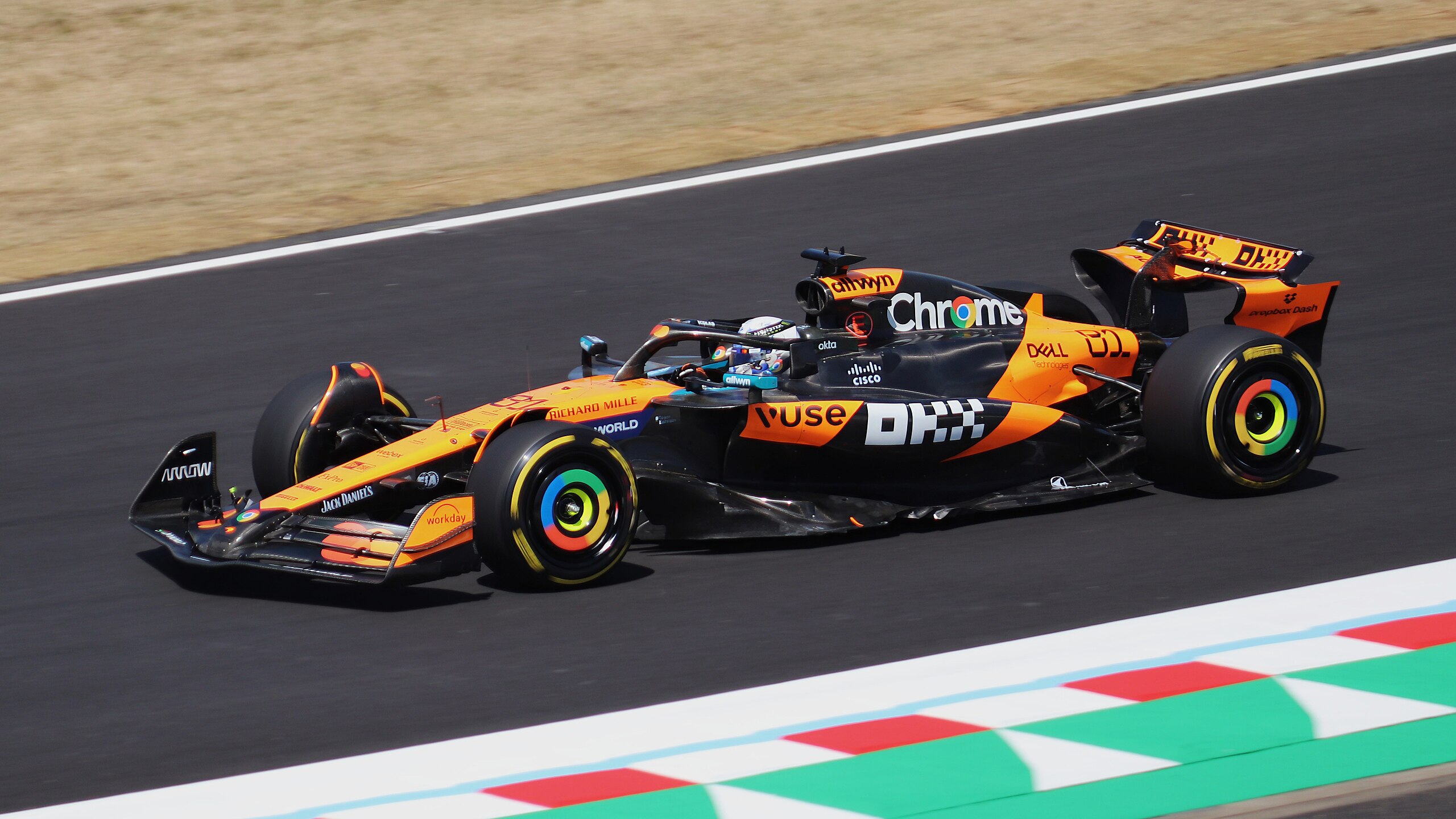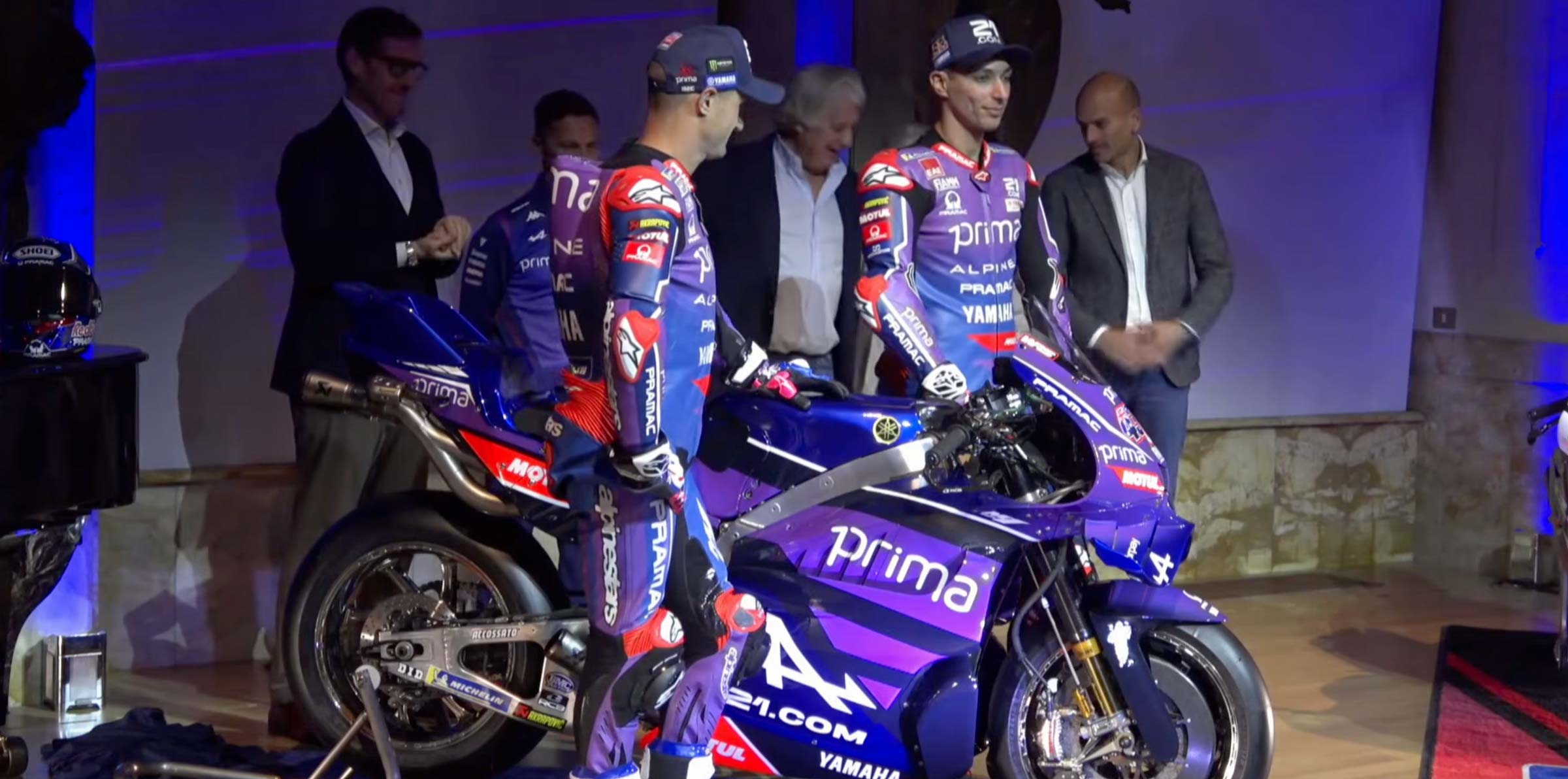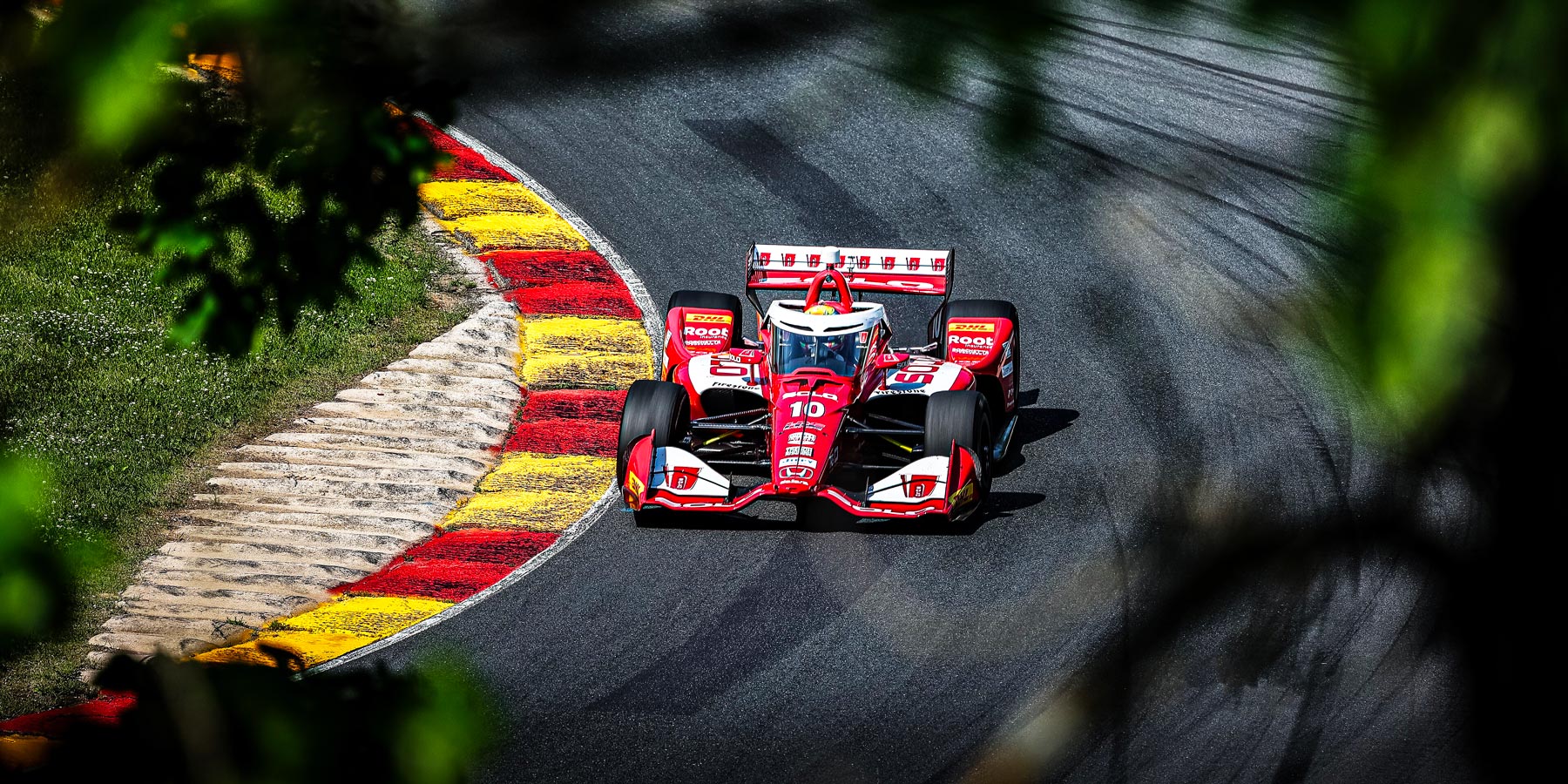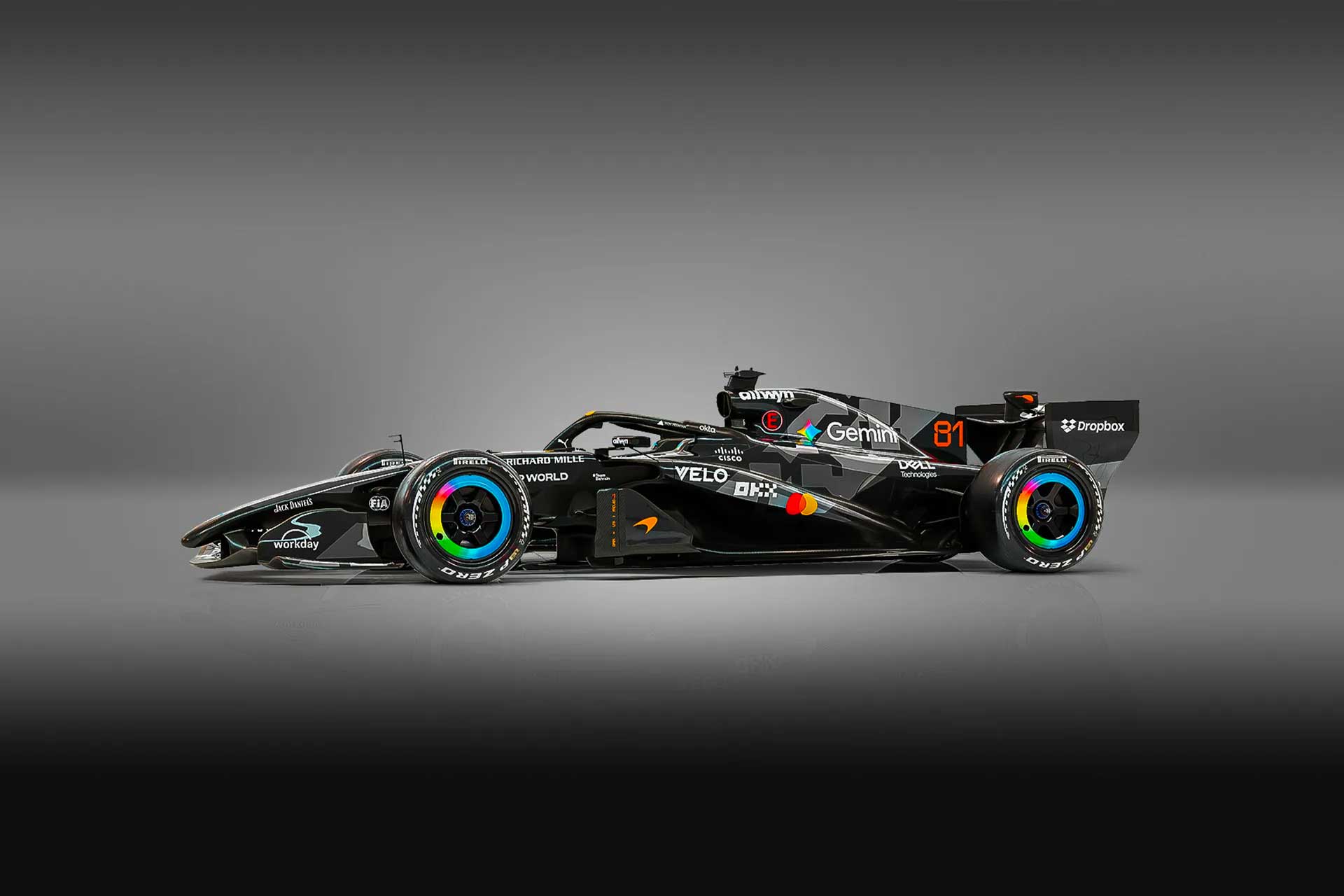Motorsport sponsorship has long been perceived as the domain of corporate giants, with multinationals like Shell, Red Bull, and Petronas dominating the paddock. However, in recent years, a new wave of challenger brands—ambitious, agile, and often digital-first—have discovered that the racetrack offers more than just speed; it provides a powerful platform for global brand transformation. From fintech startups to beauty disruptors, these brands are leveraging motorsport to scale up, capture new markets, and build trust worldwide.
The Democratization of Motorsport Sponsorship
The landscape of motorsport sponsorship is evolving. According to IndustryARC, the motorsport sponsorship market is projected to reach $5.9 billion by 2030, growing at a compound annual growth rate (CAGR) of 6.9% from 2024 to 2030. This growth is not solely driven by traditional sponsors but increasingly by challenger brands seeking to capitalize on the sport’s global reach and engaged fanbase.
NASCAR, for instance, has witnessed a shift in its sponsorship landscape. In 2005, nearly 60% of primary NASCAR sponsors were Fortune 500 companies. By 2023, that number had fallen to around 20%, with newer B2C companies and some B2B challenger brands entering the fray. This trend underscores the increasing accessibility of motorsport sponsorship for smaller brands.
From fintech startups to luxury watchmakers, motorsport sponsorship for challenger brands has democratized the racetrack, enabling niche players to achieve global icon status through targeted partnerships.
Some examples of what is going on in motorsport sponsorship
Airwallex & McLaren F1: Fintech Meets Formula One
In early 2024, Melbourne-based Airwallex signed a sponsorship contract with McLaren F1, showcasing its cross-border payment tech . Post-launch surveys recorded a 58% boost in brand trust and 70% rise in purchase intent, demonstrating how fintech sponsorship in F1 drives brand credibility
E.L.F. Cosmetics & Katherine Legge: Beauty Accelerates in IndyCar
In 2024, e.l.f. Cosmetics became the first beauty brand in Indy 500 sponsorship examples, backing driver Katherine Legge . The campaign drove a massive social engagement, helping e.l.f. connect with younger, female motorsport fans through motorsport diversity sponsorship examples.
Coinbase & Aston Martin: Crypto on the Grid
In February 2025, Aston Martin Aramco’s F1 team announced a multi-year sponsorship with Coinbase, paid entirely in the USDC stablecoin. This was publicly described as the first time a Formula 1 team has fully disclosed payment of a sponsorship using a stablecoin like USDC. The deal made Coinbase the team’s exclusive crypto partner and marked its debut in Formula One, highlighting the growing role of cryptocurrency sponsorship in motorsport and expanding Coinbase’s global fintech presence.
Vertu Motors & EXCELR8 (BTCC): Driving Retail Recognition
For the 2025 BTCC season, Vertu Motors rebranded its title sponsorship from Bristol Street Motors to Team VERTU, reflecting a consolidation of its dealership brands under the Vertu name, which now covers over 190 outlets. The Team VERTU name appears on Hyundai i30 Fastback N cars, leveraging BTCC sponsorship to reinforce Vertu’s automotive retail brand and boost visibility.
Bianchet & Maserati MSG Racing: Haute Horlogerie in Formula E
In 2024, Swiss watchmaker Bianchet became the Official Timekeeping Partner of Maserati MSG Racing and launched two limited-edition Flying Tourbillon Grande Date watches at the Monaco ePrix. Each edition is limited to 21 pieces, and owners receive exclusive experiences such as pit-lane visits and simulator sessions with the team, exemplifying how luxury brands leverage Formula E sponsorship for immersive customer engagement
Talking about giants, Nestlè KitKat and Formula One: A Sweet Victory
In a groundbreaking move, KitKat secured a multi-year sponsorship deal with Formula One beginning in 2025, coinciding with its 90th anniversary and F1’s 75th. The partnership aims to enhance KitKat’s global presence, particularly among consumers under 30 years old. Advertising is set to debut at the Mexico and Brazil Grand Prix races before expanding globally by 2026 . This collaboration illustrates how a legacy brand can rejuvenate its image and connect with new demographics through motorsport.
F1 Strategic Advantages for Challenger Brands
Global Reach & Diverse Audiences
Formula 1 delivers 100 million+ weekly viewers, rivaling major global sporting events—ideal for how niche brands capture global markets via motorsport
Enhanced Brand Credibility
Association with elite teams transfers values of precision, innovation, and excellence to emerging brands, demonstrated in motorsport sponsorship credibility examples
Rich Content & Engagement
Behind-the-scenes access, driver interviews, and branded fan experiences fuel motorsport storytelling marketing strategies, deepening consumer connections
B2B Networking & Partnerships
Race weekends double as high-level networking forums, facilitating collaborations beyond consumer reach, from tech R&D to supply-chain innovations.
Maximizing ROI: Best Practices for Challenger Brands
Align with Brand Values
Ensure that the motorsport partnership aligns with the brand’s core values and target audience. Authenticity resonates with consumers and enhances the effectiveness of the sponsorship.
Leverage Digital Platforms
Utilize social media and digital marketing to amplify the sponsorship’s impact. Sharing behind-the-scenes content, interactive campaigns, and real-time updates can engage audiences and extend reach.
Measure and Analyze Performance
Implement robust analytics to assess the sponsorship’s performance. Metrics such as brand awareness, engagement rates, and conversion metrics provide insights into the partnership’s effectiveness and inform future strategies.
How motorsport sponsorship is changing
Motorsport sponsorship is no longer the exclusive domain of corporate behemoths. Challenger brands across various industries are harnessing the power of the racetrack to accelerate growth, enhance credibility, and connect with global audiences. Through strategic partnerships, compelling storytelling, and leveraging digital platforms, these brands are transforming from niche players into global icons. As the motorsport sponsorship landscape continues to evolve, the opportunities for challenger brands to make their mark are more accessible and promising than ever. The racetrack is now open to innovators ready to race for worldwide recognition.









